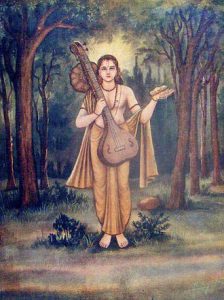Modern Evolutionary Biologists are increasingly realizing that “thought” evolved its own survival tricks. Thoughts get replicated and passed on by ‘memes’ just like biological traits are propagated by ‘genes.’ A Meme is “an information pattern, held in an individual’s memory and gets copied to another individual’s memory” with variation and selection. Slogans, catchy tunes, many beliefs, culture are examples for memes.
Our mind has a tendency to forget certain things. Strangely it may also show things that were never seen previously by us. This is because somebody else’s experience infects our mind as a “meme” and we begin to believe that it was our own experience. Dr. Grant says, “An idea can parasitically infect your mind and alter your behavior.” It then causes you to tell your friends, “thus exposing them to the idea-virus.”
Thus Memes spread like viruses using human beings as carriers. In a way all our thoughts are infections. There is nothing like an original thought. The word ‘meme’ was coined by Prof. Dawkins in the late seventies. But our sages recognized the havoc memes could play thousands of years ago. Maharshi Vasishta tells in Yogavasishta the delightful story of how Sage Gadhi was confused and befuddled when his mind was infected by other’s experiences. Continue reading

